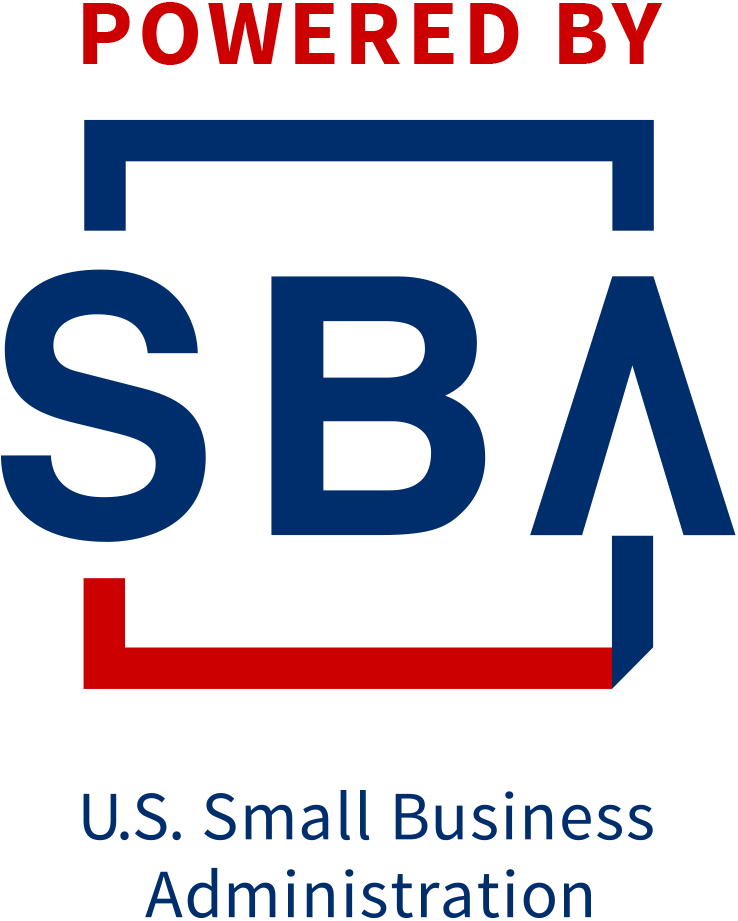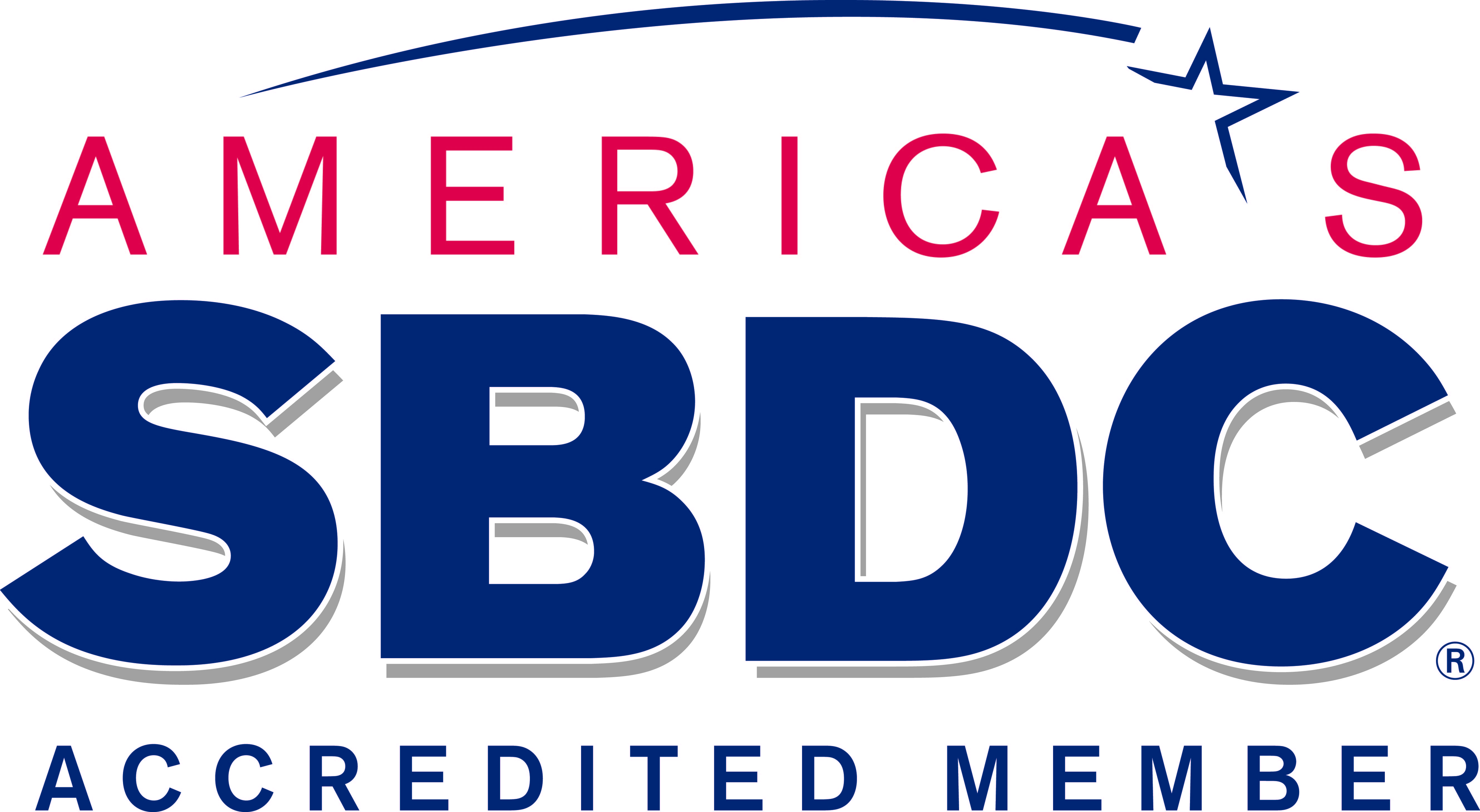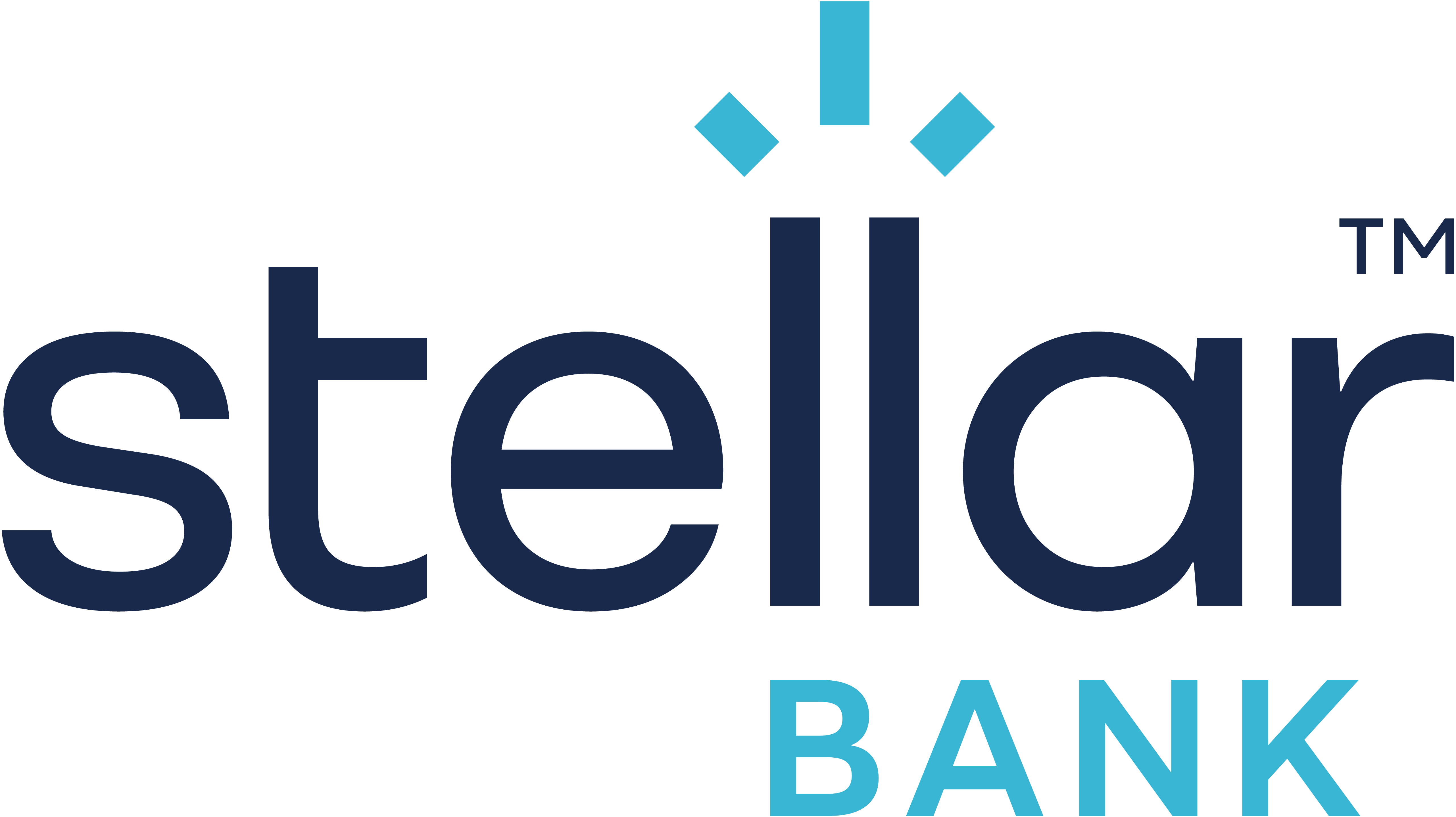Tackling Common Mistakes Small Businesses Make When Hiring
By: Tatyana Parham
With rising unemployment rates throughout the country, and the constant economic threats to job security across most industries, working human capital has become an essential resource for small businesses. It's important for small businesses to implement an effective hiring strategy to minimize wasting time, money, and other resources throughout the interviewing and hiring processes. As a small business owner or hiring manager, your primary goal is to attract, develop, and retain the best candidates that are capable of excelling in the role, and can align to your company's mission and core values.
Below, we've listed some common mistakes to avoid throughout your small business hiring process.
Dreaming of a Perfect Candidate
Although you may have a general idea of what the ideal candidate would look like in terms of experience, relevant skills, and education, it is crucial to remember that the perfect applicant for any role does not exist. Being too narrow in your search criteria is a common small business mistake and will cause unnecessary stress for the hiring manager, resulting in a loss of time and productivity. To avoid this, be specific about the essential requirements for the role, and use proactive interviewing tactics to narrow down the best candidates based on your list of expectations.
It may also be helpful to gain a clear understanding of the difference between your wants and needs for the role, and what you're willing to compromise on. For example, a candidate with only six years' worth of experience may be suitable for a role that requires seven if they have a desired skillset and great interpersonal skills to make up the slight lack in experience.
Overlooking Your Professional Network
While a common small business hiring mistake is favoring friends or family, often resulting in the recruitment of unqualified candidates, the leadership team can benefit from tapping into their professional network while searching for the ideal candidate.
If you are already familiar with an applicant, either by working with them directly or by trusted word-of-mouth referral, less cynicism is required when vetting the candidate throughout the screening process. If you're lucky, you can use your personal experience with a qualified former subordinate as a testimony to their capability to excel in the desired position.
Although it is essential to be diligent in avoiding nepotism and remaining aware of any relevant legal causes for both parties, utilizing your professional network as a resource throughout your search can be a pragmatic tool in your hiring process.
Lacking Transparency
By failing to create a definitive list of requirements for an ideal candidate, many small business hiring managers make the common mistake of misleading applicants on what it is they truly want for the role. Maintaining a clear vision of the ideal skills, traits, etc., as well as transparent hiring policies, expectations, and day-to-day activities for the role, makes it easier for the hiring manager to mitigate mistakes and see those skills more clearly in selected applicants.
You can ensure transparency for job candidates by posting intentional job descriptions and requirements on recruitment websites, maintaining updated content for services, about us, mission statement, and values on your company's website, and communicating effectively throughout the screening process for each candidate.
Disregarding Company Culture
One of the most critical small business mistakes to make throughout the hiring process is forgetting to highlight your company's culture, including a complete benefits package, salary, and potential incentives for the role. While applying for roles, potential candidates seek a work culture and benefits that align with their personal values and career goals. In a competitive job market, an attractive company culture can be the key differentiator that attracts candidates that are right for the role and that have an ability to become an optimal member of your team.
By clearly communicating an overview of your company culture on the desired role's job description, as well as continuing those sentiments throughout the interview process, you are able to present a consistent brand and messaging for potential candidates. This puts your business ahead of industry competitors that have an inconsistent branding strategy for top-tier candidates.
Neglecting Your Online Presence
In today's age of increased use of mobile technology, small businesses all over the world are using social media platforms like Facebook and Instagram to market their business and build their brand. A focus on fresh, engaging, and responsive social media feeds, paired with a polished and updated website, can suggest to applicants that your company is legitimate and a good fit for them personally.
By reposting links to job openings across your social media, and consistently engaging with potential jobseekers, you maximize your reach for qualified applicants. Also, you can incorporate your online presence into your hiring strategy by designating a section on your website as a hub to showcase your company culture, available positions, contact information, and reasons why qualified applicants should join your team.
Failing to Plan Ahead
Create a detailed plan that efficiently prepares you for each stage of the screening, interviewing, and onboarding processes. Use this time to map out your strategy for how many resumes you'd like to review, how many applicants you'd like to pre-screen, interview (at each stage), and hire for each desired role, and how long each stage will take. It is also advantageous to schedule a deadline for the application window to close, the date you would ideally like to make your final selections, as well as a timeline for onboarding requirements, start date, and projected training.
You can save a lot of time by phone screening for the first round or two via Zoom or Microsoft Teams, as opposed to scheduling complete in-person interviews for each of your selected candidates. By making the recruitment and hiring processes as efficient as possible, you are able to save a lot of time and remain mindful of the candidate's experience throughout the hiring process.
For expert guidance on best practices for small business hiring, schedule an appointment with one of your advisors today at no cost.







